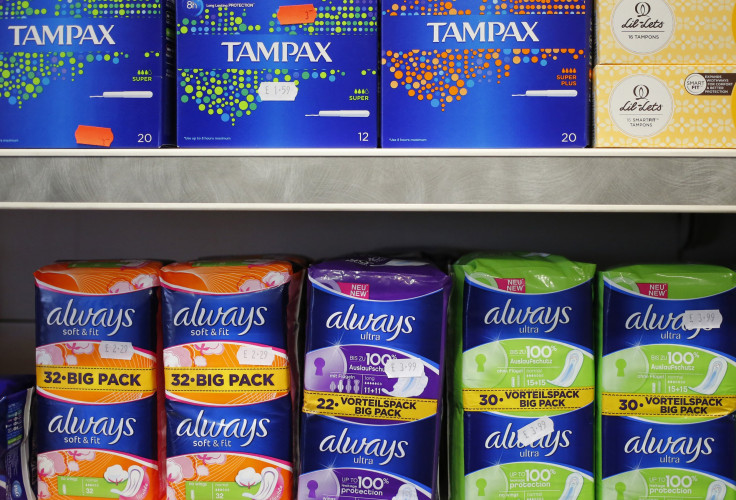COVID-19 Vaccine Causes Side Effects Of Temporary Menstrual Period Cycle Changes, Study Finds
A new study has found that a temporary change to the period cycle may be a common side effect for menstruating people after they receive the COVID-19 vaccine.
On Friday, an analysis by researchers published in the Science Advances journal surveyed 39,000 people from ages 18 to 80 who had not been infected with COVID and were fully vaccinated. However, there was no one in the group between the ages of 45 and 55 since researchers did not want to include side effects associated with perimenopause.
The group was comprised of around 84% of participants who were white and over 3,500 people who identify as gender diverse
Researchers found that 42% of people with regular menstrual cycles experienced heavier bleeding after receiving the vaccination.
However, 44% of those surveyed experienced no change to their cycles, while about 14% reported having lighter periods.
Subjects who were nonmenstruating people, such as those in post-menopause or transgender men, reported unusual or breakthrough bleeding after receiving the COVID vaccine.
“I think it’s important that people know this can happen, so they’re not scared, they’re not shocked and they’re not caught without supplies,” said Katherine M.N. Lee, an assistant professor at Tulane University.
The study began in April 2021, around the time people gained access to the COVID-19 vaccine. All of the participants were vaccinated with the Moderna, Pfizer-BioNTech, Johnson & Johnson, and Novavax vaccines.
Lee, a co-author of the study, noted that menstruation is often overlooked if it’s not related to pregnancy. “It gets ignored because of the structure of science,” Lee explained.
“There are very few senior people in science and medicine who are not white men. It’s just not something they are thinking about as part of their lived experience.”
Although the new study presents significant data, Lee cautioned that researchers did not compare the results to a control group of unvaccinated people.
Lee also acknowledge there’s a possibility that those who experienced a change in their menstrual cycle were more likely to participate in the survey.

© Copyright IBTimes 2024. All rights reserved.






















